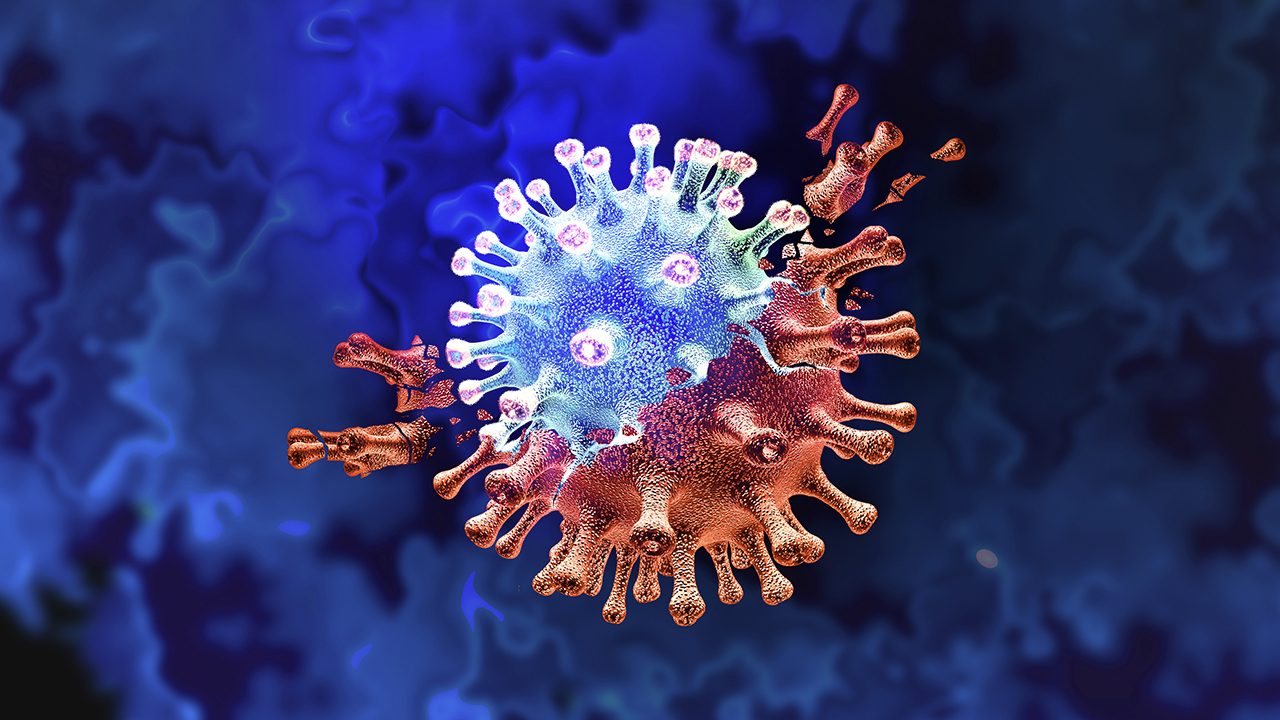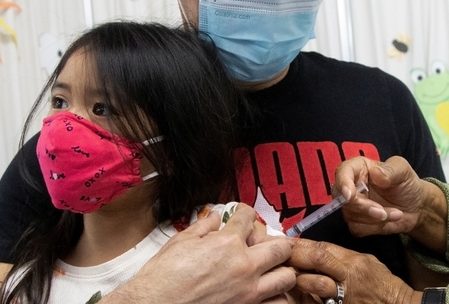SUMMARY
This is AI generated summarization, which may have errors. For context, always refer to the full article.


The Department of Health (DOH) on Wednesday, December 15, reported the country’s first cases of the COVID-19 Omicron variant, which is believed to be driving the fresh surge in infections in South Africa and some European countries.
In a statement, the DOH said that the Philippine Genome Center detected two imported cases of the Omicron from the 48 samples sequenced on Tuesday, December 14.
“The two Omicron variant cases are incoming travelers and are currently isolated in a facility managed by the Bureau of Quarantine (BOQ),” the DOH said.
Here’s the summary of the two cases:
- Returning overseas Filipino from Japan
The case, a 48-year-old male, arrived in Manila on December 1 aboard Philippine Airlines flight number PR 0427. The sample was collected on December 5. His positive result was released on December 7, and the case was admitted to an isolation facility on the same date. He is currently asymptomatic but had symptoms of colds and cough upon arrival.
- Nigerian national who arrived on November 30
The case, a 37-year-old male, was aboard Oman Air with flight number WY 843. His sample was collected on December 6 and the result was released on December 7. He was then admitted to an isolation facility on the same date. His current status is also asymptomatic.
“The DOH is determining possible close contacts among co-passengers during the flights of these two cases,” the department said.
The new COVID-19 Omicron variant – first identified in South Africa but also detected in Europe and Asia – is raising concern worldwide given the number of mutations, which might help it spread or even evade antibodies from prior infection or vaccination.
The detection of the new variant pushed a number of countries, including the Philippines, to impose border controls anew after recovering from the surge in COVID-19 cases driven by Delta.
The World Health Organization on November 26 classified the B.1.1.529 variant, or Omicron, as a SARS-CoV-2 “variant of concern,” saying it may spread more quickly than other forms of coronavirus.
While much is still unknown about Omicron, experts have said they don’t yet know whether Omicron will cause more or less severe COVID-19 compared to other coronavirus strains.
The DOH appealed to the public to continue proper mask wearing and be conscious of observing health measures as the holiday season draws near. – Rappler.com
Add a comment
How does this make you feel?


![[Rappler’s Best] US does propaganda? Of course.](https://www.rappler.com/tachyon/2024/06/US-does-propaganda-Of-course-june-17-2024.jpg?resize=257%2C257&crop=236px%2C0px%2C720px%2C720px)



There are no comments yet. Add your comment to start the conversation.